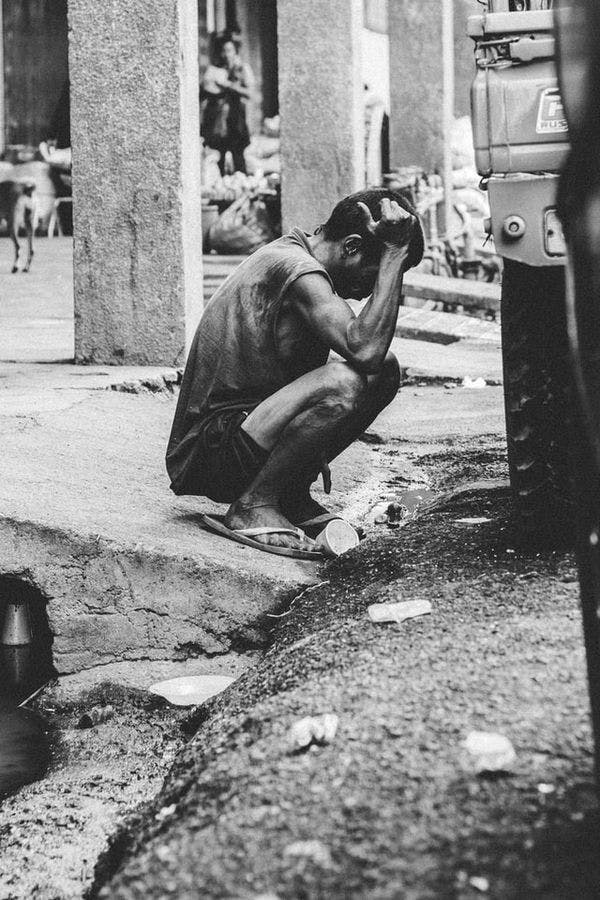Unsplash - Chitto Cancio
Killings in Philippines up 50 percent during pandemic
By Carlos H. Conde
Philippine President Rodrigo Duterte administration’s bloody “war on drugs” worsened during the Covid-19 lockdown, according to the government’s own statistics.
Police killed 50 percent more people between April to July 2020 than they did in the previous four-month period. In total, since Duterte took office in June 2016, the Philippine Drug Enforcement Agency (PDEA) has officially recognized 5,810 persons killed as of the end of July 2020.
Human Rights Watch analyzed the government’s statistics and found 155 persons were killed in the past four months. Before the Covid-19 crisis, police killed 103 persons from December 2019 to March 2020.
The number of fatalities in these ostensible drug enforcement raids, in which the police routinely claimed that the victims fought back, jumped dramatically from the 26 deaths recorded by the PDEA in five months from July to November 2019.
The PDEA’s figure of 5,810 killed only covers deaths in police anti-drug operations. Thousands of other drug suspects have been killed by unidentified assailants, many of whom are believed to be plainclothes police officers or vigilantes operating in coordination with local authorities. The United Nations Office of the High Commissioner for Human Rights, acting on a resolution passed by the UN Human Rights Council in June 2019, reported more than 8,600 people have died in Duterte’s “drug war.” Human rights groups believe the actual number could be triple that. Only one case out of thousands has resulted in the conviction of police officers.
Since March 16, the Philippine government has imposed varying types of quarantines and lockdowns. The lockdown in Metro Manila, enforced mainly by police, has been relaxed, although movements are still restricted, and malls and restaurants operate on limited capacity. Filipinos aged less than 20 or above 60 years old are not allowed outside their homes, except for serious medical reasons.
The Human Rights Council should once again tackle the issue of rights abuses in the Philippines when it convenes this month. The government is expected to continue to deny the allegations rather than offer a constructive response. But as the government’s own statistics show, the atrocities in the “drug war” have worsened, even as the country suffers the worst in the region from the pandemic.
